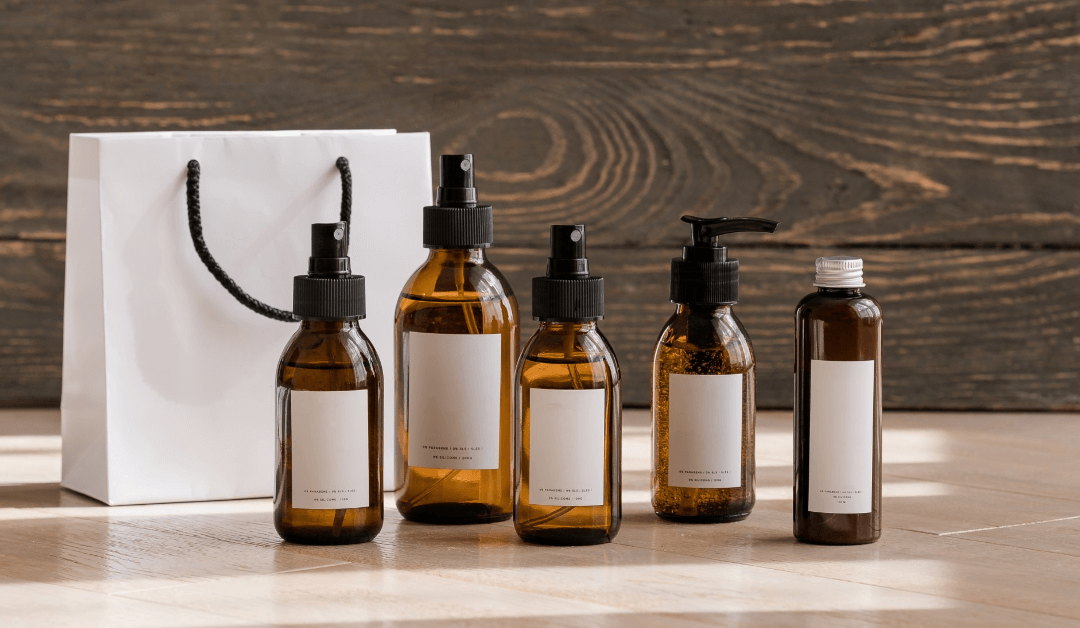White Label vs. Private Label
These two forms of labeling are different. Private labeling is when a product is sold exclusively by one retailer. An example is Amazon basics.
And white labeling sells generic goods to many retailers, who rebrand and price the goods for their preferred market.
White label and Private label Products
Private Label Products
These are manufactured by a third party or contracted manufacturers then sold with your brand name. You will give the complete specification about the product, how it is packaged, what goes in it, and what you want the label to look like.
You pay for the production and delivery to anywhere you want it delivered. Once delivered, you can sell to direct consumers, retailers, or wholesalers. Examples of such products are Supplement branding and private label vitamins.
The benefits
- You are in charge of products ingredients or parts
- Products are produced according to your specification
- You have control over how the product is packaged
- You own the brand recognition
Downside
- You can’t do this without your product recipe or design
- R&D costs are high
- Marketing time is longer
- More expensive than white label
White Label Products
These are manufactured by a third party or contracted manufacturer then sold with your brand name. The buyer can ONLY specify what you want the label to look like. With that said, the manufacturer should be an expert in producing the product you want.
They manufacture the same product but for various brands. This means the manufacturer gives specifications for the ingredient and how it is packaged. Without a brand name, only the name you provide is used as a label.
Benefits:
- · You don’t need to be an expert
- · You don’t need to have a recipe/design
- · It is cheaper than Private label
- · You own a brand recognition
Downside
- You can’t specify or control product parts/ingredients; you select an existing product
Why Are Private Label Products More Expensive Than White Label Products?
That is simply due to manufacturing efficiency. Because Private Label is your specifications, by doing so, the manufacturer must build a system that creates and develops your specified product.
They may be similar products in the market, but yours is unique and exclusively yours. Changes in the production process increase cost, which you are obligated to offset.
And in the case of white-label, you don’t have exclusivity, meaning the manufacturer produces the product for your and other suppliers; the only difference is in the labeling.
To decide which is perfect for you: White label or private label product?
It all depends on whether you want to achieve brand recognition or not, sell someone else’s product or yours. Do you have the funds or not? Here is our guide;
To Choose A Private Label:
- You need to have your designed product.
- Your designed product should be better than what is on offer by white label products.
- Reduce expenses that occur in manufacturing operations.
- Do you want to manufacture your products yourself at some point?
To choose a white label:
- You want to penetrate the market quicker.
- You can’t afford the R&D budget.
- You know a brand in demand with less supply.
The white label of choice meets your standard requirements.

